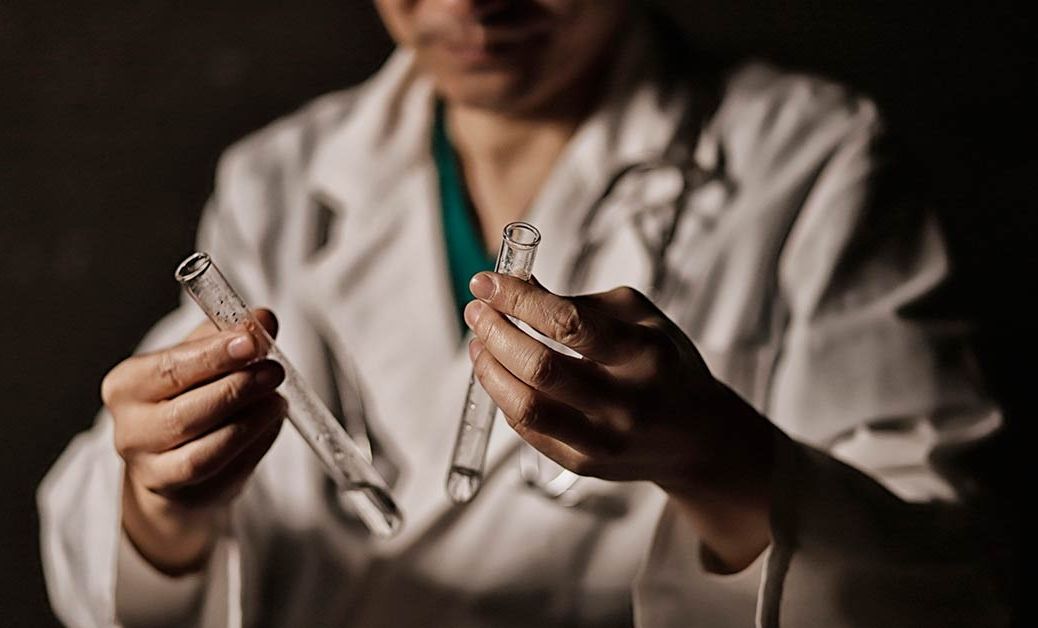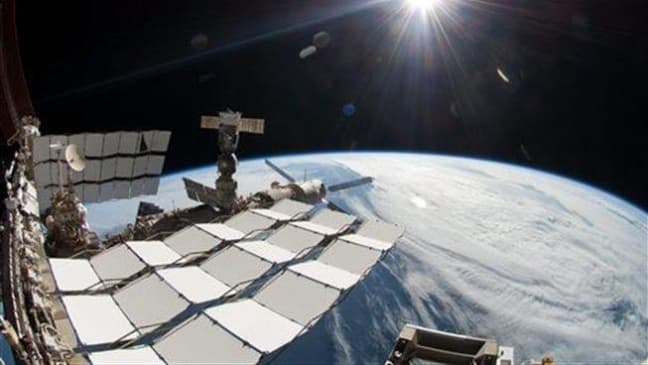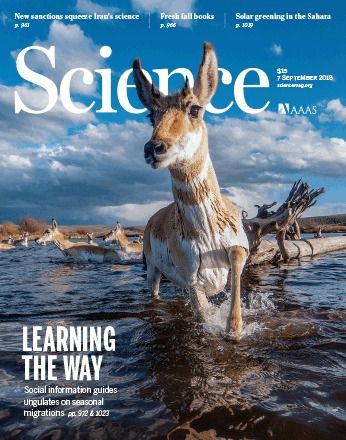Page 9527
Sep 6, 2018
Evolutionary Study Uncovers the Genes That Extend Human Lifespan
Posted by Nicholi Avery in categories: biological, evolution
A study published in Molecular Biology Evolution provides new insight into why humans are able to live as long as we do identifying a handful of genes that were so strongly conserved millions of years ago, that they continue to influence our lifespans today…
Sep 6, 2018
New Synthetic Protein May Kill Cancer Cells Without Harming Healthy Tissue
Posted by Genevieve Klien in categories: biotech/medical, neuroscience
The new protein combined with a fat molecule could be particularly effective in fighting brain cancer.
Destroy cancer cells without harming healthy tissue.
That’s the goal of cancer treatment.
Continue reading “New Synthetic Protein May Kill Cancer Cells Without Harming Healthy Tissue” »
Sep 6, 2018
Scientist Passed Over for Nobel Wins $3M, Donates It
Posted by Genevieve Klien in categories: cosmology, physics
Jocelyn Bell Burnell was a PhD student at Cambridge University some five decades ago when she made an astronomical discovery while reviewing data from a radio telescope: faint, repeating pulses of radio waves.
These signals came to be known as pulsars, a type of neutron star described by Scientific American as “a city-sized collapsed core of a massive sun that is made of degenerate matter and throws off lighthouse-like beams of radio waves.” The discovery was a leap forward: It pointed to the existence of black holes, provided evidence for gravitational waves, and much more.
It also yielded a 1974 Nobel Prize—but not for Bell Burnell. Instead, the prize went to Antony Hewish, Bell Burnell’s PhD supervisor, the Guardian reports.
Continue reading “Scientist Passed Over for Nobel Wins $3M, Donates It” »
Sep 6, 2018
You can now use Alexa and Cortana to control your Xbox
Posted by Genevieve Klien in category: entertainment
You can now control the Xbox from Alexa and Cortana. Microsoft announced his morning it’s introducing a new way to interact with Xbox One using voice commands, by way of an Xbox Skill that works with both Alexa and Cortana, across platforms. The skill will allow users to launch games, adjust the volume, start and stop their broadcasts to Mixer, capture screenshots and more.
For example, players will be able to say to their Echo speaker, “Alexa, start Rocket League,” and the console would power on, sign them in, and launch the game.
To use the new feature with Alexa, players will first have to sign in with their Amazon account then link their Microsoft account to the skill. With Cortana, users will instead have to first sign into the Xbox they want to control, then sign in with their Microsoft account to link the skill on their Windows 10 PC.
Continue reading “You can now use Alexa and Cortana to control your Xbox” »
Sep 6, 2018
A brain boost to fight Alzheimer’s disease
Posted by Genevieve Klien in categories: biotech/medical, health, neuroscience
Alzheimer’s disease is one of the biggest medical challenges of our time. About 30 million people worldwide are living with Alzheimer’s disease, and the numbers are predicted to increase to 100 million by 2050 if we do not find effective prevention or treatment strategies (1). Substantial evidence suggests that leading a healthy lifestyle, including regular exercise, may lower the risk of developing Alzheimer’s disease. However, the mechanisms through which exercise protects the brain and whether we could bottle these as a treatment remain controversial. On page 991 of this issue, Choi et al. (2) reveal that in a mouse model of Alzheimer’s disease, exercise improves memory through a combination of encouraging neurogenesis in the hippocampus and increasing the levels of brain-derived neurotrophic factor (BDNF), a growth factor that supports neuronal survival. Their findings suggest that agents that promote both BDNF signaling and neurogenesis might be effective in preventing or treating Alzheimer’s disease.
http://www.sciencemag.org/about/science-licenses-journal-article-reuse
This is an article distributed under the terms of the Science Journals Default License.
Sep 6, 2018
Genital reconstruction: 5-year-old from Beed admitted to St George
Posted by Genevieve Klien in category: biotech/medical
Mumbai: A five-year-old child from Majalgaon village in Beed, who may soon undergo a genital reconstruction surgery, was admitted to St George Hospital on Thursday. Parents of Aiman Khan, who was raised as a girl, have now made her Aadhaar number with the new male identity as Aman.
Medical superintendent Dr. Madhukar Gaikwad said the child’s sonography was carried out on Thursday. “We will be doing all the required medical examinations and then schedule the surgery.” The child’s karyotype study, which determines chromosomes, shows the presence of male XY chromosomes.
Plastic surgeon Dr. Rajat Kapoor, who evaluated the minor, has found the presence of testes, a male reproductive organ, and absence of female internal organs. He said the genitalia looks like that of a female due to underdevelopment.
Continue reading “Genital reconstruction: 5-year-old from Beed admitted to St George” »
Sep 6, 2018
A Venus Flytrap-Like System Could Help Military Drones Avoid Detection
Posted by Genevieve Klien in categories: drones, military, space
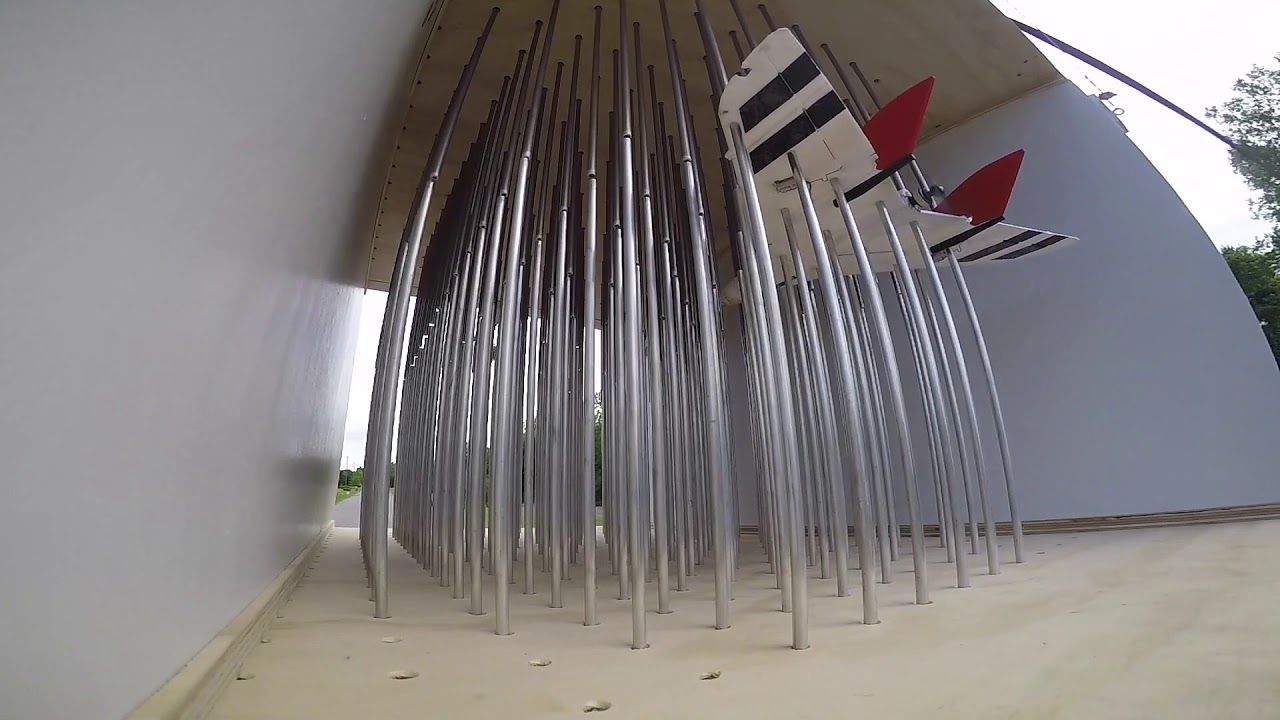
The U.S. Army is eyeing a system that traps military drones while they’re on the move, which could help the devices avoid detection by enemies.
Sep 6, 2018
Japan Will Soon Conduct The First Test of Elevator Movement in Space
Posted by Genevieve Klien in category: satellites
A team of researchers in Japan are ready to conduct the first test of their space elevator design using a small prototype and a pair of mini satellites.
Sep 6, 2018
You never know what the future of #space tech may hold
Posted by Chiara Chiesa in categories: futurism, space
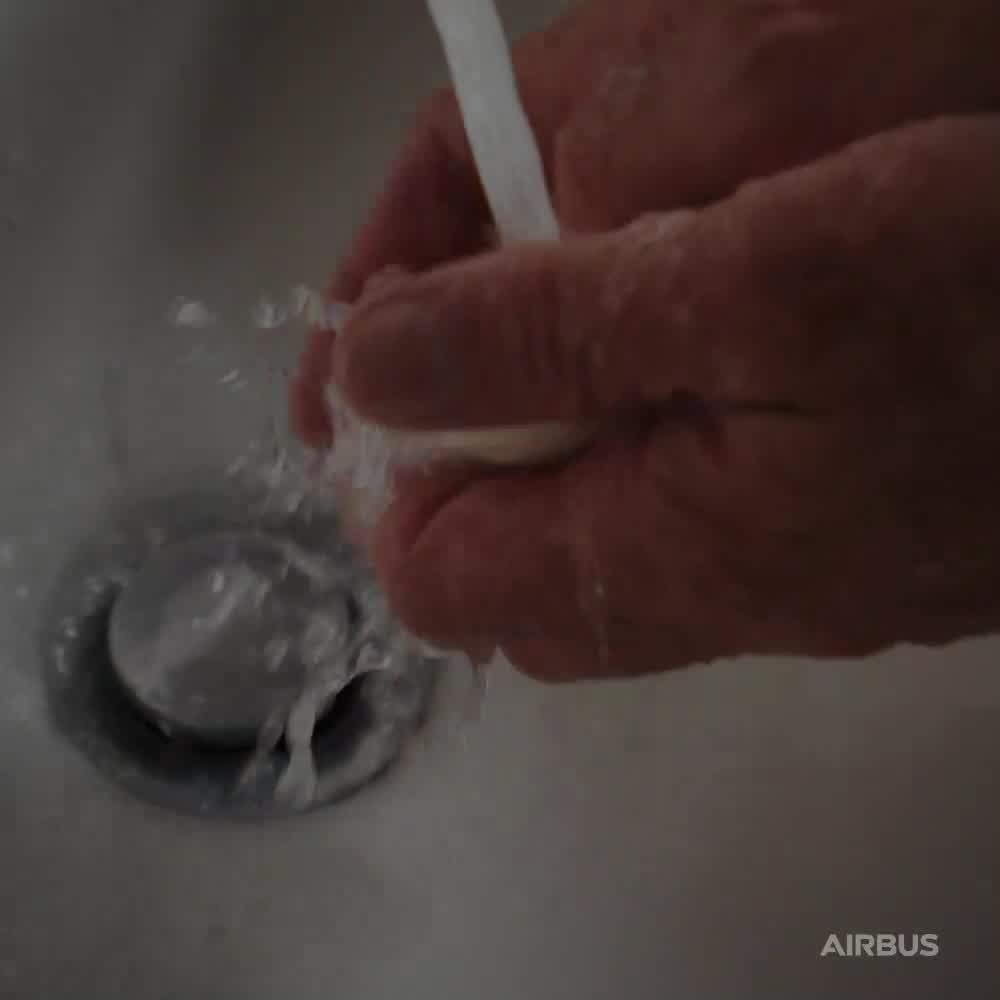
Living in space is helping us save the environment back on earth — here’s just one of the ways. #SpaceFacts


